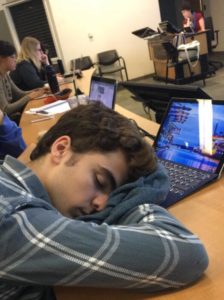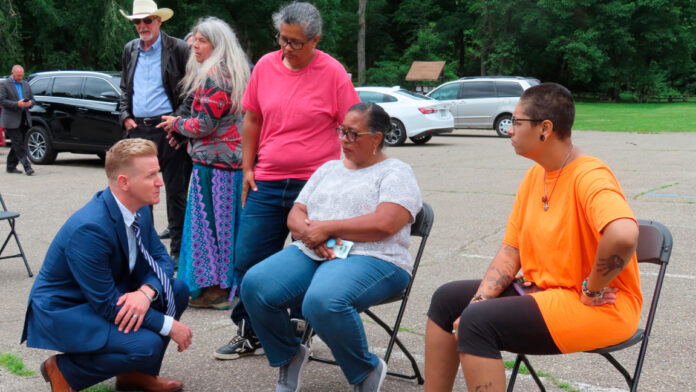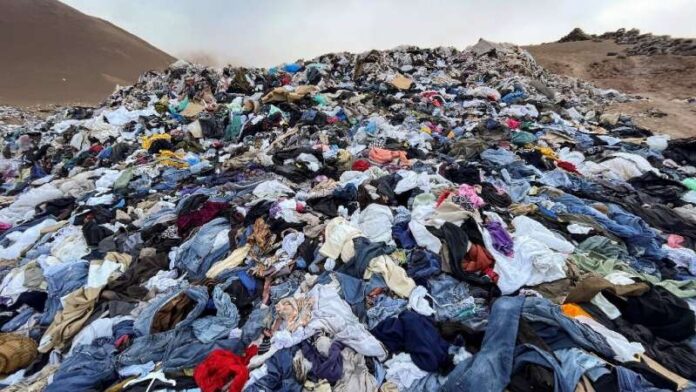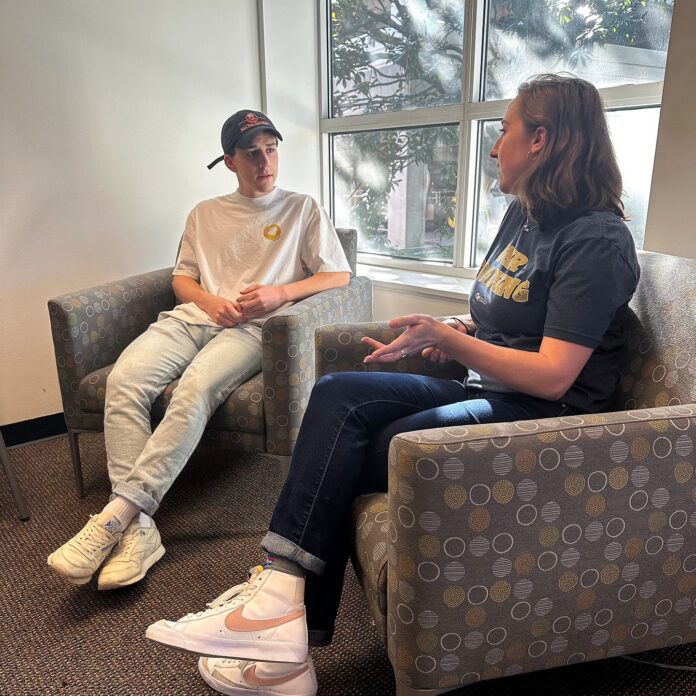In college, it’s hard to balance sleep and studying. Many students sacrifice sleep in the hopes that that time spent studying instead will positively impact their grades. However, lack of sleep has many negative consequences, such as negatively impacting learning, memory, and performance.
Some students (yourself included) may “pull an all-nighter” (24 hours or more without sleep) before examinations in the hopes of better grades. However, many studies suggest otherwise. For instance, in one study, subjects were given the task to identify the presence of a “T” or “L” and the orientation of 3 diagonal bars. Participants that went 30 hours without sleep showed no improvement in performance, even after 2 days of post-recovery sleep. In another study, subjects were taught a motor task and then tested either after 12 hours of no sleep or 12 hours that included sleep; subjects tested with 12 hours of no sleep showed no significant change in performance. However, their performance improved by 18% after a night of sleep. Those tested within the 12 hours that included a sleep period also showed improvement in performance Another study found the average amount of sleep per night was found to be significantly correlated with GPA—students who slept for more hours each night tended to have better grades. Also, the average number of days per week that students got less than 5 hours of sleep was found to be negatively correlated, although weakly, with GPA. This supports the concept that sleep is required for learning and memory consolidation.
In conclusion, sleep is vital in aiding learning and memory consolidation. So next time you’re considering pulling an all-nighter to study for a test, reconsider doing so. Those few extra hours you’d spend studying would be better spent sleeping so you can consolidate the information you’ve learned and perform better on the next day’s test!
References



